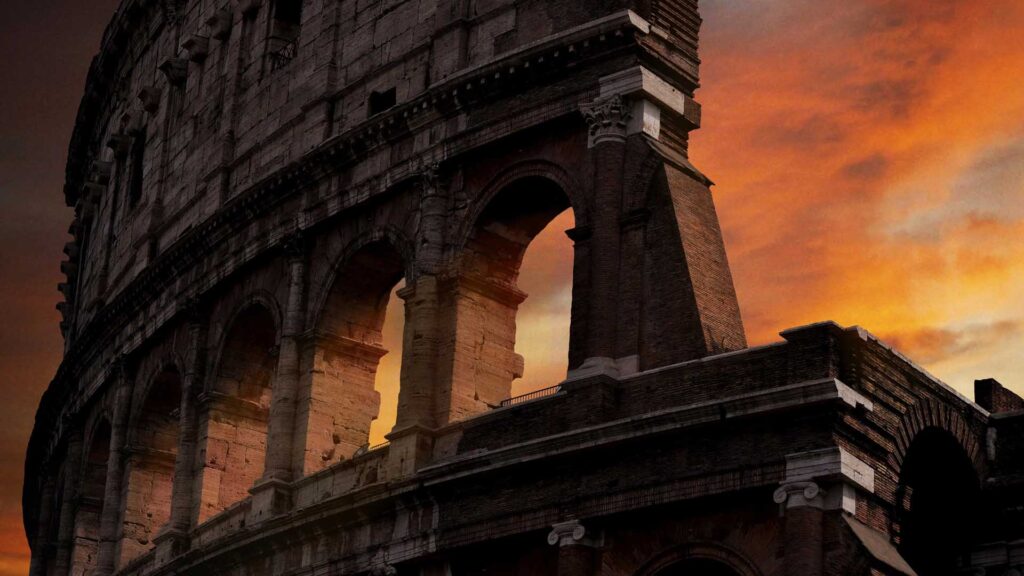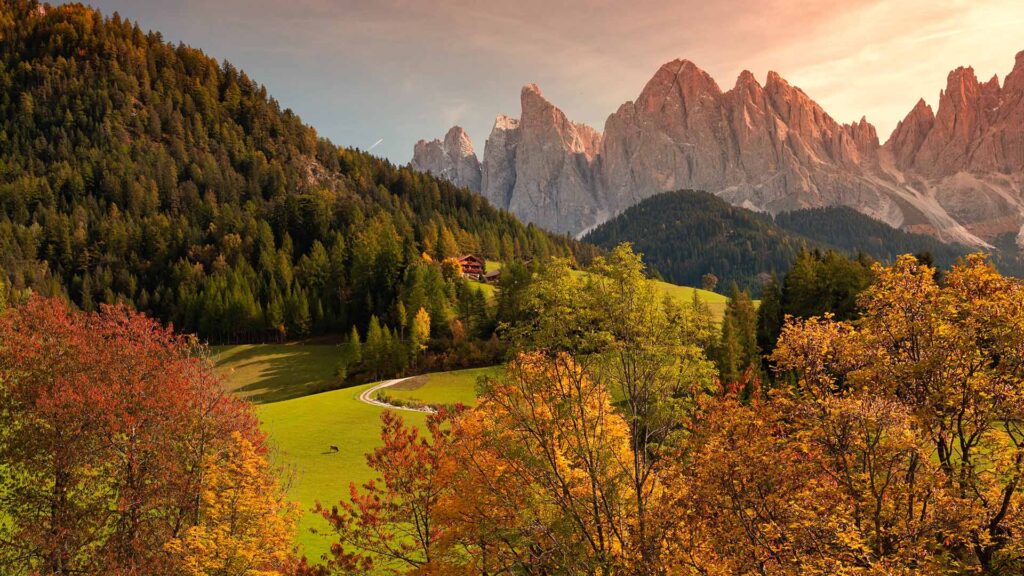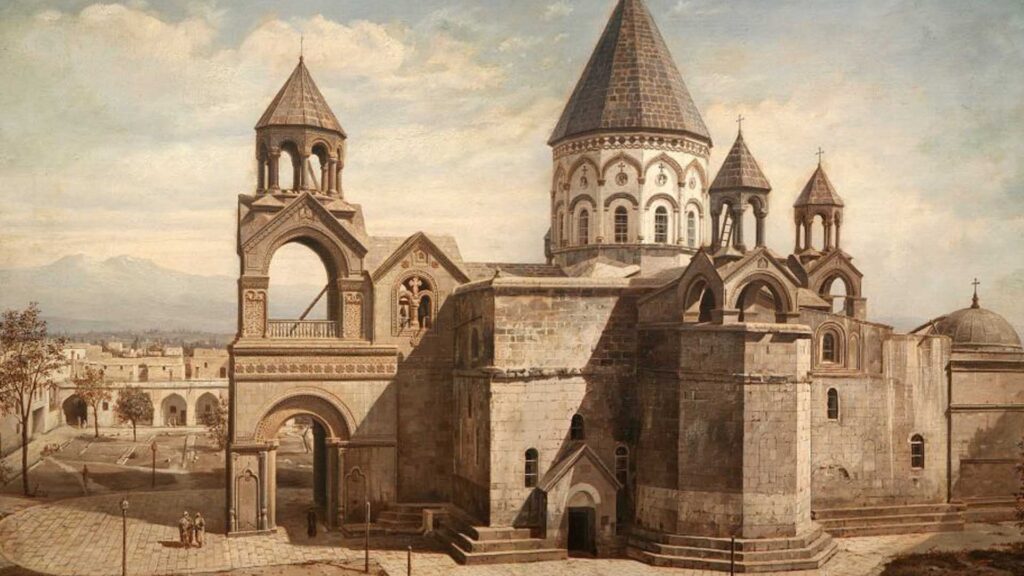
Sabbath Observed in Western Europe
The twelfth-century Pasaginians of Western Europe observed the seventh-day Sabbath. A Catholic document from about 1200 AD describes the Pasaginians as “opposing us in general, then in particular, as concerning the observance of the Sabbath, circumcision, the distinction of foods [those mentioned in Acts 16:28] and certain other things” (trans. From Summa Contra Haereticos, ch 6 A, sec. 1; p. 92 in the edition of J. N. Garvin and J. A. Corbett, vol. 15 of Publications in Mediaeval Studies). The Pasaginians were eventually condemned by the Synod of Verona under Pope Lucius III (1184 AD) and were probably destroyed in the inquisition under Clement IV (1267 AD) and Gregory X (1274 AD), which was directed against those who adopted “Jewish” rites.
About this time there were some Waldensians and Hussites that kept the Sabbath in what is now the Czech Republic. Of these it was written, “They do not celebrate the feasts of the divine Virgin Mary and of the Apostles; some [observe] only the Lord’s day. Some indeed celebrate the Sabbath with the Jews” (“Summary of the impious and Pharisaical religion of the Picards,” cod. Viennens, cat. 967).
Other records indicate that there were Sabbath keepers in Norway in the fifteenth century, and in Sweden and Finland in the sixteenth century.





